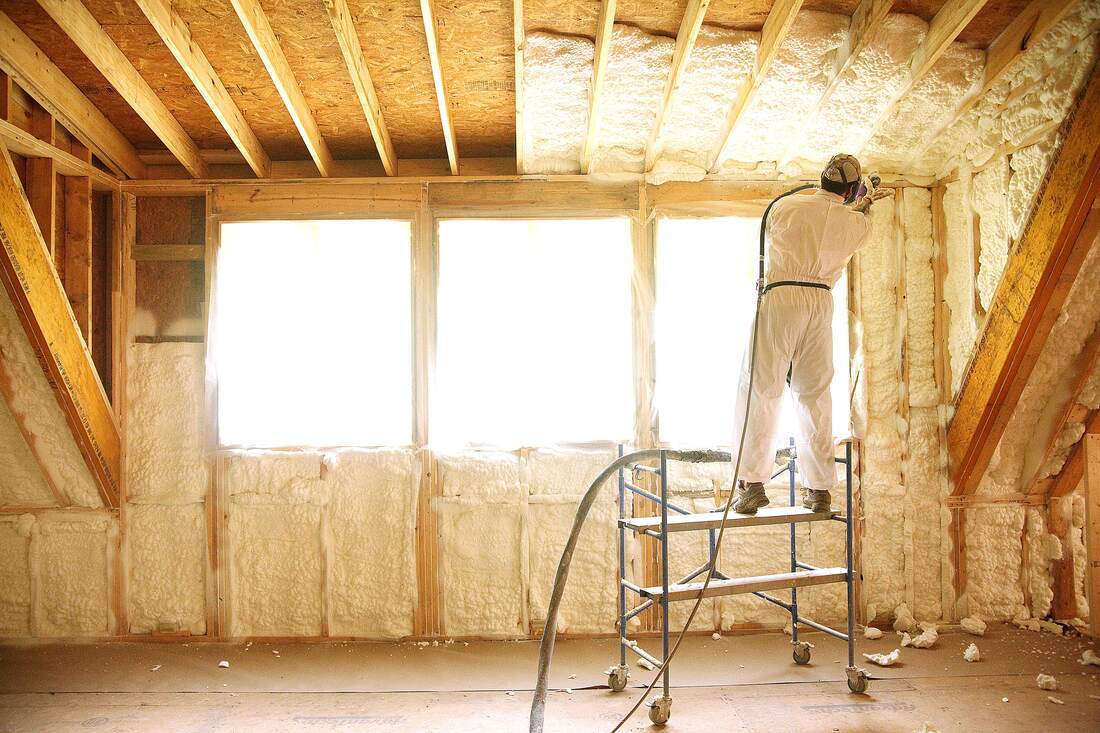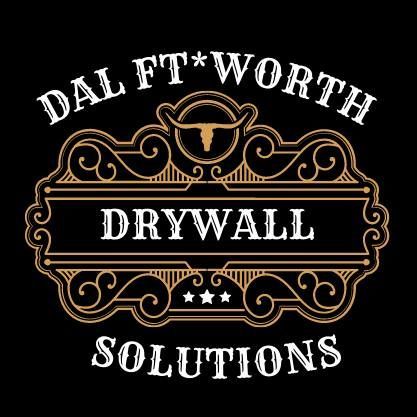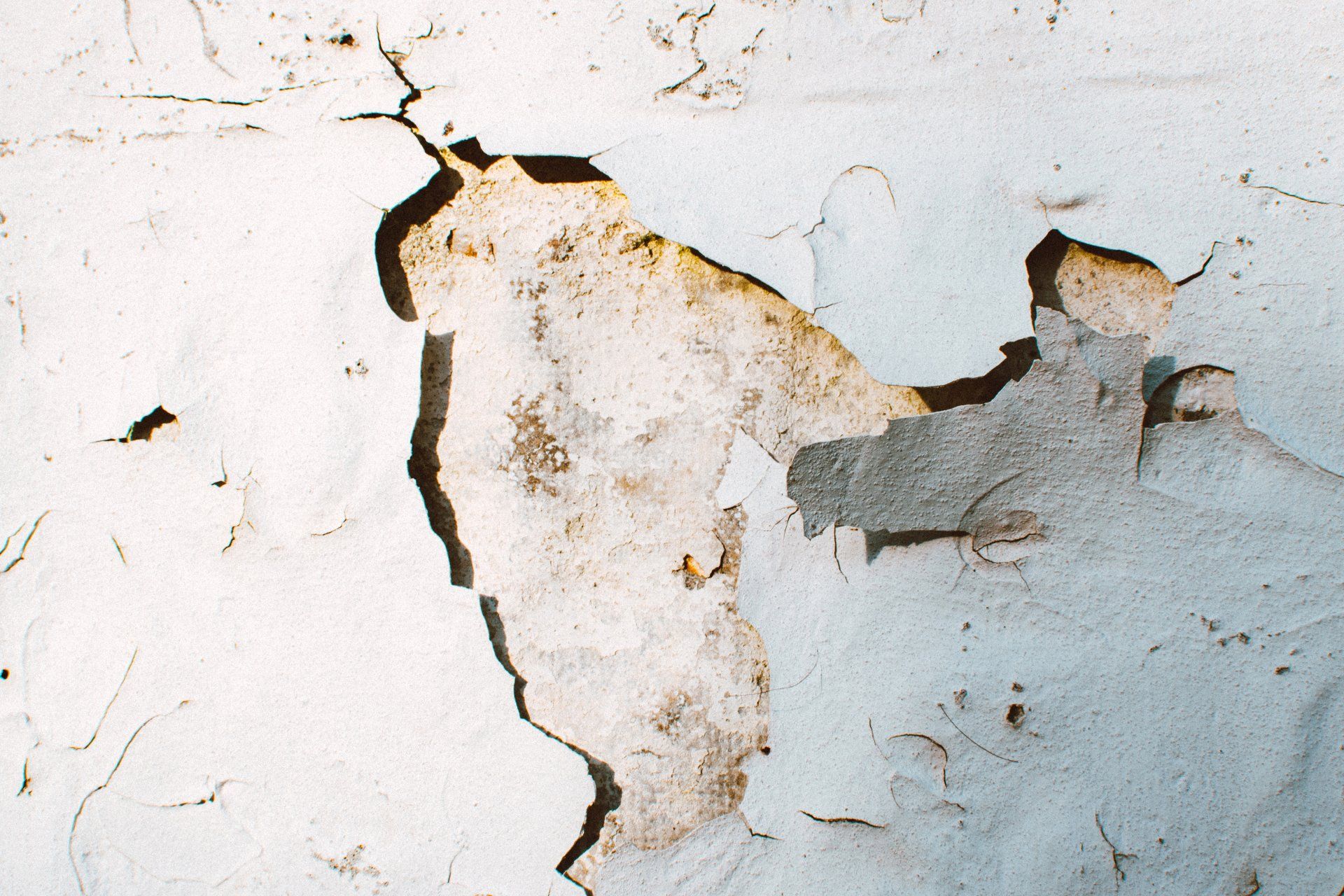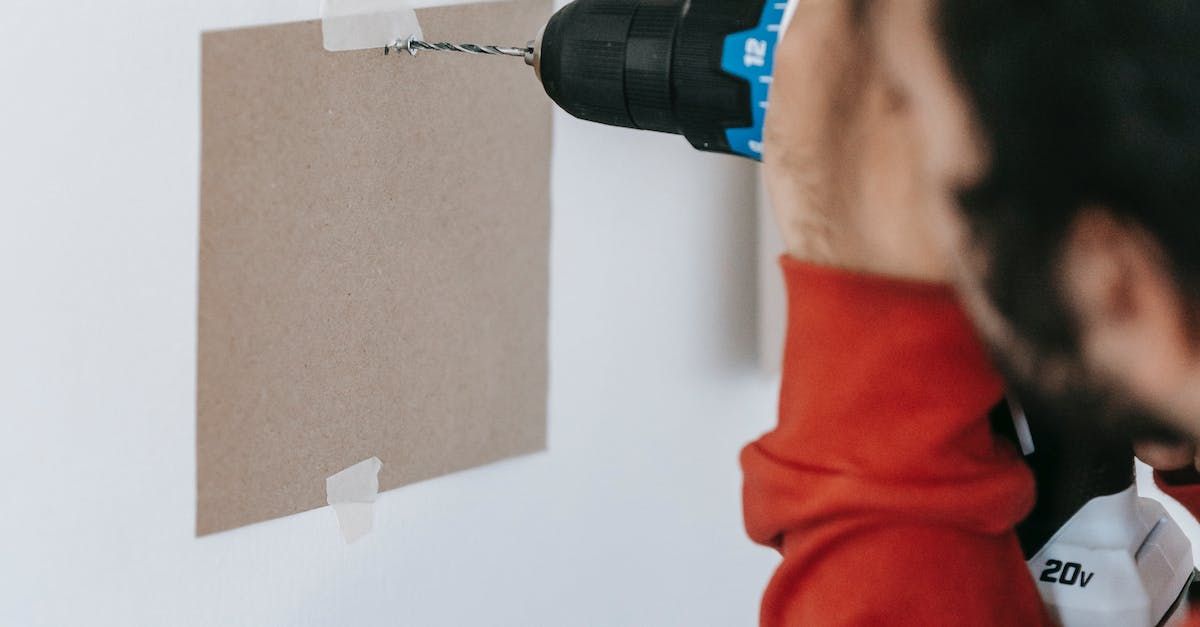Choosing the Right Insulation for Ceilings: A Comprehensive Guide
Maximize Comfort and Efficiency with the Best Insulation for Ceilings
When it comes to enhancing your home's comfort and energy efficiency,
insulation for ceilings plays a crucial role. Not only does it help maintain a stable indoor temperature, but it also contributes to soundproofing, making your living spaces more peaceful. With a variety of options available, choosing the right insulation can be a daunting task. This comprehensive guide will help you navigate the choices and find the best solution for your needs, whether you're looking for thermal efficiency, sound deadening, or a combination of both.

Understanding the Basics of Ceiling Insulation
Insulation for ceilings serves two primary purposes: thermal regulation and sound control. Proper insulation can significantly reduce energy costs by minimizing heat loss in the winter and keeping your home cooler in the summer. Additionally, it can improve your home's acoustics, creating a quieter environment by dampening external and internal noise.
Types of Insulation for Ceilings
Fiberglass Insulation
Fiberglass is one of the most popular choices for ceiling insulation. It's affordable, easy to install, and offers excellent thermal properties. Fiberglass batts or rolls can be fitted between ceiling joists, providing an effective barrier against heat transfer. For those seeking sound deadening insulation for ceilings, fiberglass also offers decent noise reduction, although it's not the top performer in this area.
Cellulose Insulation
Made from recycled paper products, cellulose insulation is an eco-friendly option. It is blown into spaces, making it ideal for retrofitting older homes. Cellulose provides good thermal insulation and is more effective than fiberglass at blocking sound, making it a strong contender for those seeking the best sound insulation for ceilings.
Spray Foam Insulation
Spray foam offers excellent thermal and sound insulation properties. It expands upon application, sealing gaps and providing a high R-value per inch. This type of insulation is particularly effective for irregularly shaped spaces and can act as both a sound dampening and thermal barrier. It's considered one of the best acoustic insulation for ceilings due to its ability to block airborne noise effectively.
Mineral Wool Insulation
Also known as rock wool or stone wool, mineral wool is made from volcanic rock and minerals. It offers excellent fire resistance and sound absorption properties, making it a good choice for sound dampening insulation for ceilings. Its dense structure helps in reducing both airborne and impact noises.
Factors to Consider When Choosing Ceiling Insulation
R-Value
The R-value measures an insulation material's resistance to heat flow. The higher the R-value, the better the material insulates. Consider your local climate when choosing an R-value; colder climates typically require higher R-values.
Soundproofing Needs
If sound control is a priority, look for materials specifically designed for soundproofing. While all insulation provides some level of sound reduction, materials like mineral wool and spray foam are particularly effective at dampening noise.
Installation and Cost
The installation process and cost can vary significantly depending on the type of insulation. For instance, while fiberglass is relatively easy to install and inexpensive, spray foam requires professional installation and is generally more costly.
Environmental Impact
Consider the environmental impact of your insulation choice. Materials like cellulose and some fiberglass options are made from recycled content, making them more sustainable choices.
Moisture Resistance and Durability
It's essential to consider the moisture resistance and durability of the insulation material. Certain types, like spray foam and mineral wool, offer better resistance to moisture and mold, which can be crucial in areas prone to damp conditions.
Additional Considerations for Ceiling Insulation
When selecting insulation for ceilings, it's also important to think about future-proofing your home. As building codes and energy efficiency standards evolve, having higher quality insulation can add value to your property and meet future requirements without additional upgrades. Moreover, well-insulated ceilings contribute to a more even distribution of temperature across your home, which can enhance overall comfort and reduce the strain on heating and cooling systems.
For those living in multi-story homes or apartments, soundproofing becomes even more critical. Effective sound dampening insulation for ceilings can create distinct sound barriers between floors, allowing for more privacy and reducing the transmission of noises like footsteps, voices, and other daily activities. This is particularly important in homes with hardwood or tile floors, which can amplify sound.
In conclusion, choosing the right insulation for ceilings is a decision that impacts both the comfort and efficiency of your home. Whether prioritizing the best sound insulation for ceilings or seeking eco-friendly and cost-effective solutions, there's an option to meet every need. By carefully evaluating the properties of different insulation types and considering factors like R-value, soundproofing capabilities, installation, and environmental impact, you can make an informed choice that enhances your living space's quality and efficiency.




